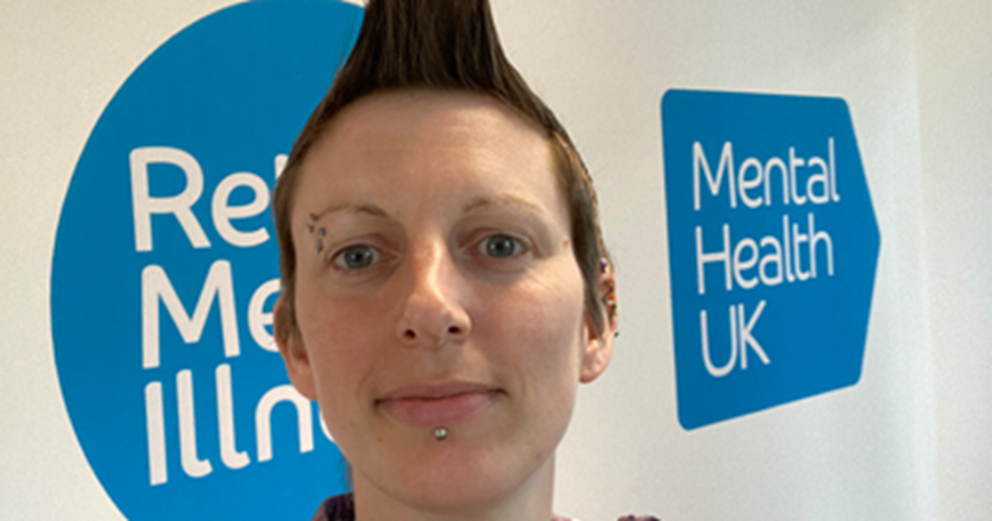Devon & Torbay advocacy service
C/O Devon Advocacy Consortium (DAC)3-4 Cranmore Court Lustleigh CloseMatford Business CentreExeter EX2 8PW View on map
Mon - Fri: 9.00am - 5.00pmSat and Sun: Closed
Rethink Devon and Torbay Advocacy provides many of the statutory advocacy services within the Devon Advocacy Consortium (DAC) as one of the providers. These include:
- Devon and Torbay Independent Mental Health Advocacy (IMHA) Service
- Devon and Torbay Independent Care Act Advocacy (ICAA) Service
- Devon Independent Health Complaints Advocacy (IHCA) Service
Our advocates work in partnership with the people they support. They take action to help people say what they want, secure their rights, represent their interests, and obtain services they need. They promote social inclusion, equality, and social justice.
We work with people who have been detained by the Mental Health Act, visiting hospital wards weekly. If someone is under the Care Act we will actively support them to participate in processes like assessments, care reviews, care planning, and more, as fully as possible.
We can also assist with any NHS complaints they may need to make by providing information, clarifying options and, in some circumstances, helping to write the complaint.
How to make a referral
To refer to any of the advocacy services provided by Devon Advocacy Consortium (DAC) please contact their Single Point of Contact (SPOC) by calling 01392 822 377 or by emailing devonadvocacy@livingoptions.org .
They will be happy to discuss and/ or provide information about the referral criteria for each of the different advocacy types. They can also send you a referral form relevant to the service you require or can help you fill one out over the telephone.
What advocates can and can't do
An advocate can stand by you, and stand up for you, when important decisions are being made about your care, treatment and the way you live your life. They can help you understand your rights and options, and then support you in expressing your views and wishes to the relevant services. They can also speak up on your behalf if that’s what you want. People often work with an advocate when they’re going through some kind of assessment or review of their care or treatment.
What an advocate can help with
Get information and understand what it means
Explore your options and decide what you want
Contacting people, or contacting them for you
Express your feelings to others, or do this for you
Prepare for meetings, and support you at them
Stand up for your rights to get the services you need.
What an advocate can't do
Provide advice or emotional support
Make decisions for you without your input
Solve someone’s problems for them
Mediation
Provide care or home support
Agree with everything a person says.
Read more about our work


